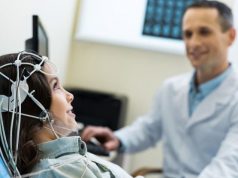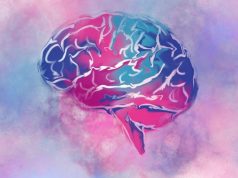Dynamic cerebral autoregulation increased six hours after RIPC, lasts for at least 24 hours
WEDNESDAY, May 29, 2019 (HealthDay News) — In healthy adults, there is an increase in dynamic cerebral autoregulation (dCA) six hours after remote ischemic preconditioning (RIPC) that lasts for at least 24 hours, according to a study published online May 29 in Neurology.
Zhen-Ni Guo, M.D., from the First Hospital of Jilin University in Changchun, China, and colleagues conducted a self-controlled interventional study involving 50 healthy adults. Serial measurements of dCA were performed at seven time points (from 7:00 a.m. until 8:00 a.m. on the next day) with or without RIPC carried out at 7:20 to 8:00 a.m. At baseline and one hour after RIPC, venous blood samples were collected; using a quantitative protein chip, blood biomarkers and inflammation-related biomarkers were measured.
The researchers found that dCA was significantly increased six hours after RIPC compared with the results on the day without RIPC, and the increase was sustained for at least 24 hours. Compared with baseline levels, there were significant increases in two neuroprotective factors (glial cell-derived neurotrophic factor and vascular endothelial growth factor-A) and four inflammation-related biomarkers (transforming growth factor-β1, leukemia inhibitory factor, matrix metallopeptidase-9, and tissue inhibitor of metalloproteinase-1). Compared with its baseline level, monocyte chemoattractant protein-1 was significantly lower.
“RIPC was also associated with changes in some neuroprotective and inflammation-related biomarkers in blood,” the authors write. “The increased dCA and altered blood biomarkers may contribute at least partially to the beneficial effects of RIPC on cerebrovascular function.”
Abstract/Full Text (subscription or payment may be required)
Editorial (subscription or payment may be required)
Copyright © 2019 HealthDay. All rights reserved.








